In a recent appearance on MSNBC’s The Beat, Drew Findling, the attorney representing former President Donald Trump in Georgia, struggled to provide evidence supporting his client’s case in the Georgia election interference probe. The investigation stems from Trump’s alleged attempts to pressure state officials to invalidate President Joe Biden’s 2020 election win in Georgia.
Findling filed a motion to quash the special purpose grand jury’s report and to prevent the Fulton County district attorney’s office from filing charges against Trump.
However, during the interview with Ari Melber, Findling failed to provide substantial evidence to support Trump's actions in Georgia, which included a phone call to Secretary of State Brad Raffensperger in which he asked to “find” the exact number of votes needed to win the state.
When pressed by Melber to present his defense, Findling dodged the specifics and claimed that there had been no violations of the law. Melber reminded him that he was a lawyer, not a judge or jury, and that he needed to present evidence in support of his client’s defense.
Findling, however, continued to insist that Trump was innocent and that there was no evidence to suggest otherwise.
You can watch what happened in the video below.
Melber was incredulous when Findling said he did not want to “start getting into political statements” and refused to acknowledge that Trump did not win the state of Georgia.
Melber called his question "an easy one," to which Findling replied:
“Let me tell you what I’m focused on: I’m focused on being a criminal defense attorney and seeing that my client is swept up in what, to me, has been a ridiculous circus atmosphere — special purpose grand jury — not only in this case, but on other cases.”
Findling’s refusal to acknowledge whether Trump lost the election in Georgia drew further criticism during the interview. When asked about it, he replied:
“What does it have to do with me defending President Trump in this matter?”
Melber shut him down by noting that Trump's lies about election fraud inspired an effort to send fraudulent electors to certain states, including Georgia:
“When you say you don’t know why it’s relevant, the most charitable way I can put it, Drew, is that that’s confusing.”
Calling Trump's refusal to accept the election results "the beating heart at the center of this case," Melber delivered the most damning summation of Findling's behavior yet:
“It seems today that you have an inability to acknowledge that [Trump] lost the state of Georgia, which is odd, because you know he lost the state of Georgia. We all know that.”
Many have praised Melber's approach to the interview while criticizing Findling for continuing to parrot Trump's lies about election fraud.
The investigation in Georgia is one of the more serious facing Trump, who is also being investigated for his mishandling of classified documents, the role he played during the Capitol riot, and for potential campaign finance fraud, for which he is likely to be indicted.
Trump's impending indictment is expected to be related to a $130,000 payment made to porn star Stormy Daniels in the final days of Trump's 2016 presidential campaign.
Michael Cohen, Trump’s former attorney and fixer who made the payment, was imprisoned for campaign finance violations related to the incident. Although Trump has admitted to reimbursing Cohen, his legal team has argued that the payments did not qualify as campaign expenditures that needed to be reported because Trump would have paid them regardless of the campaign.
Nonetheless, there are still legal issues concerning potential falsification of business records when Trump reimbursed Cohen for the payments.



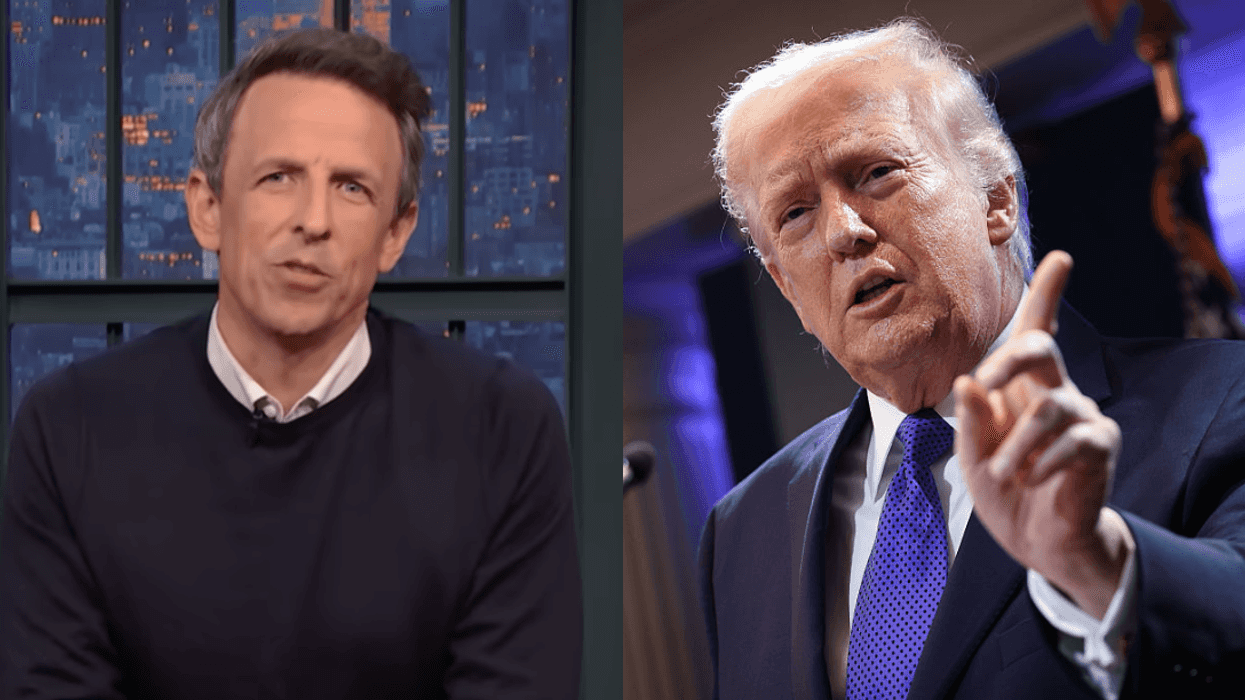

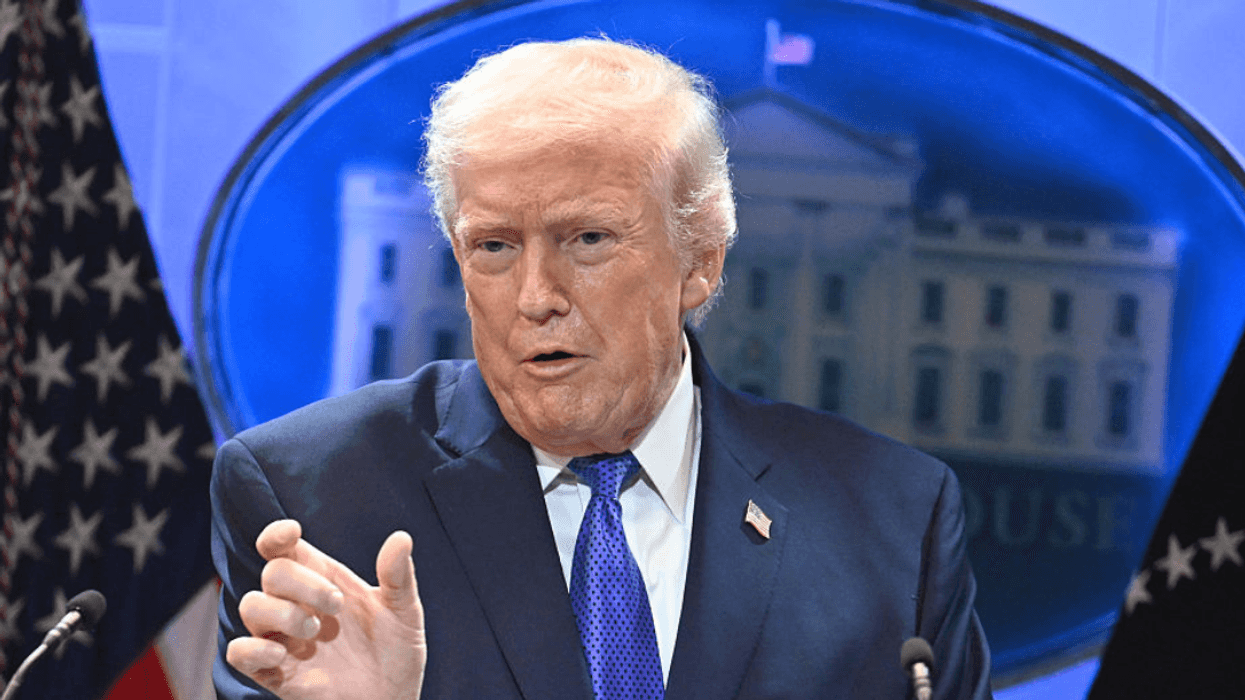
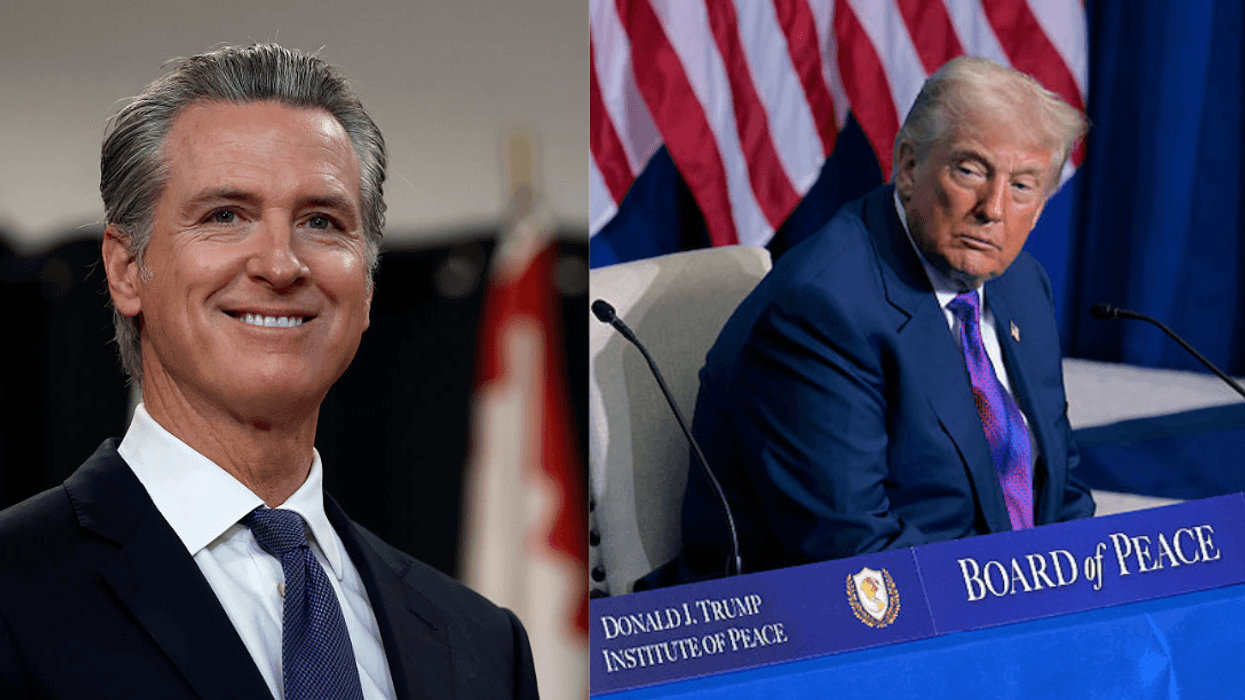

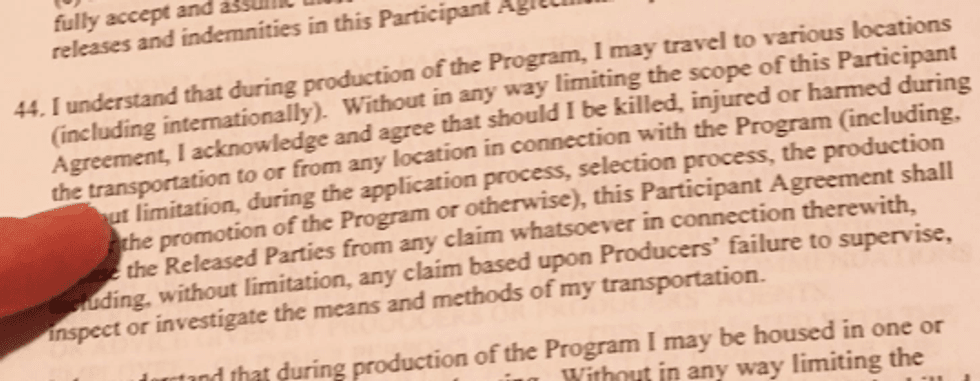 @gutterutterart/Instagram
@gutterutterart/Instagram @gutterutterart/Instagram
@gutterutterart/Instagram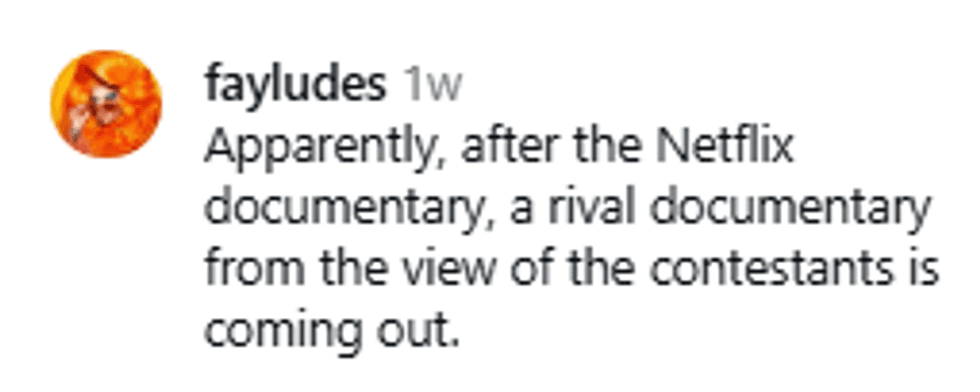 @gutterutterart/Instagram
@gutterutterart/Instagram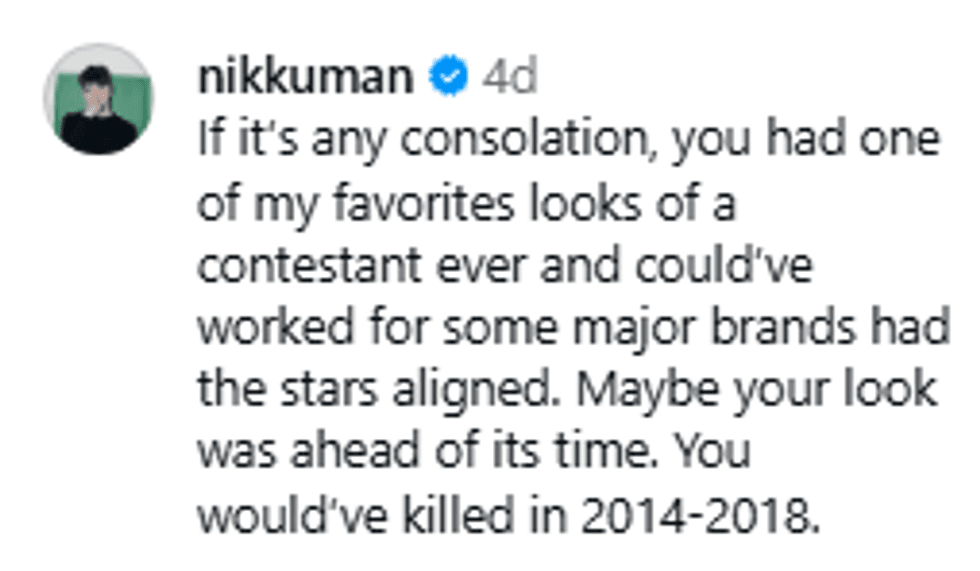 @gutterutterart/Instagram
@gutterutterart/Instagram @gutterutterart/Instagram
@gutterutterart/Instagram @gutterutterart/Instagram
@gutterutterart/Instagram @gutterutterart/Instagram
@gutterutterart/Instagram @gutterutterart/Instagram
@gutterutterart/Instagram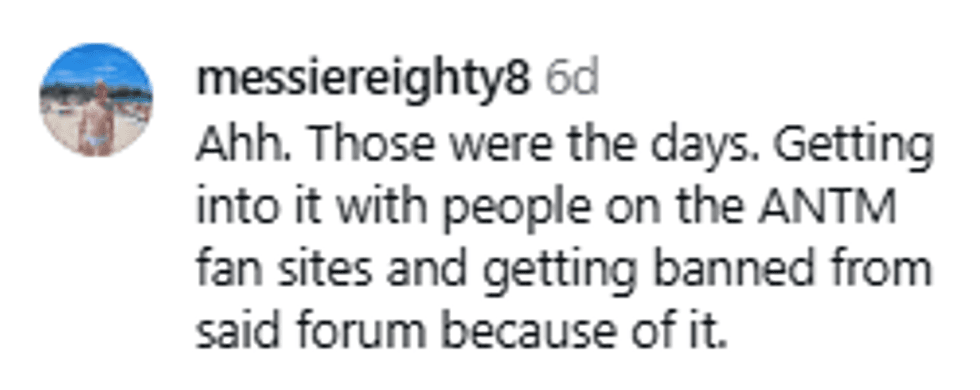 @gutterutterart/Instagram
@gutterutterart/Instagram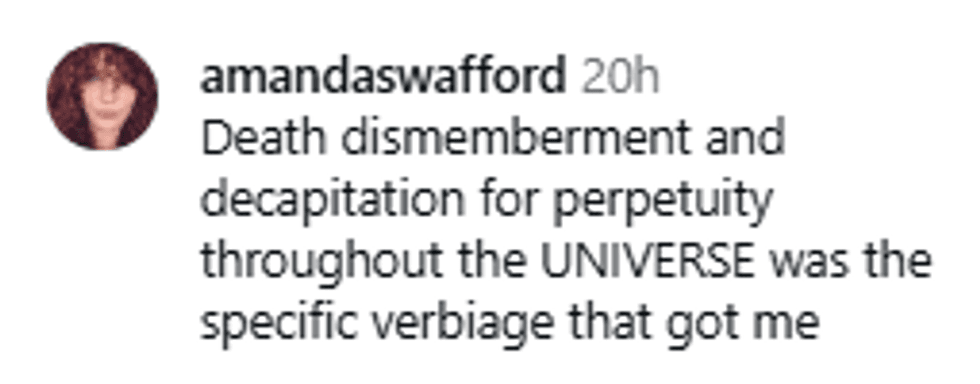 @gutterutterart/Instagram
@gutterutterart/Instagram @gutterutterart/Instagram
@gutterutterart/Instagram






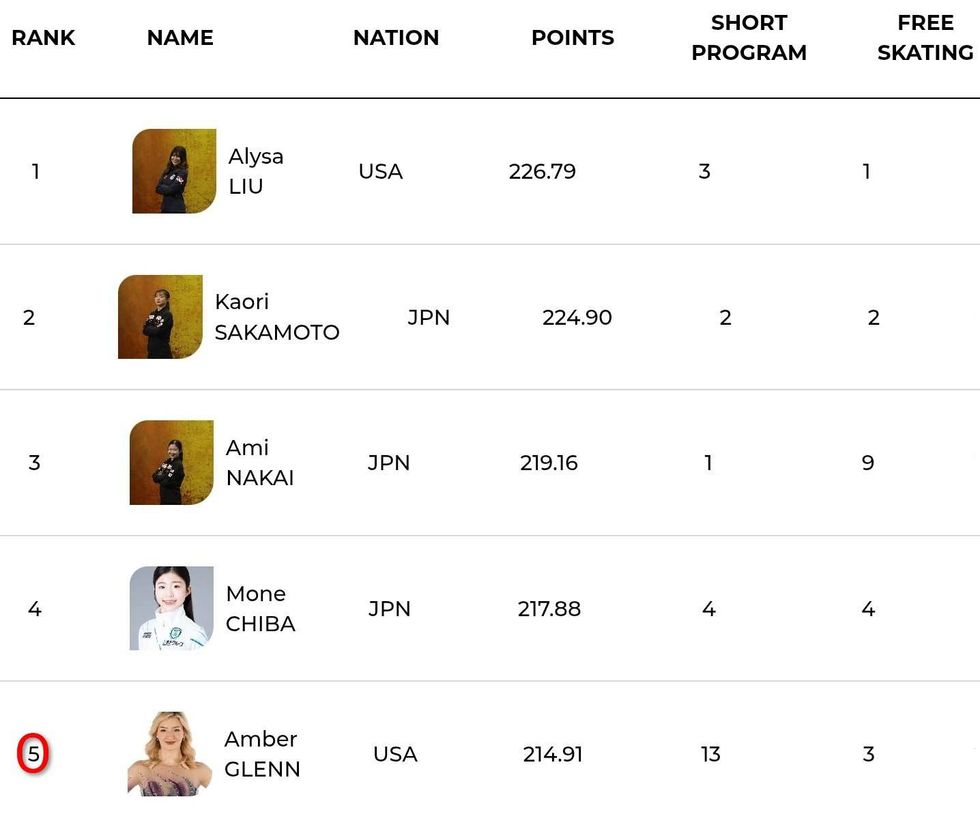 International Skating Union
International Skating Union
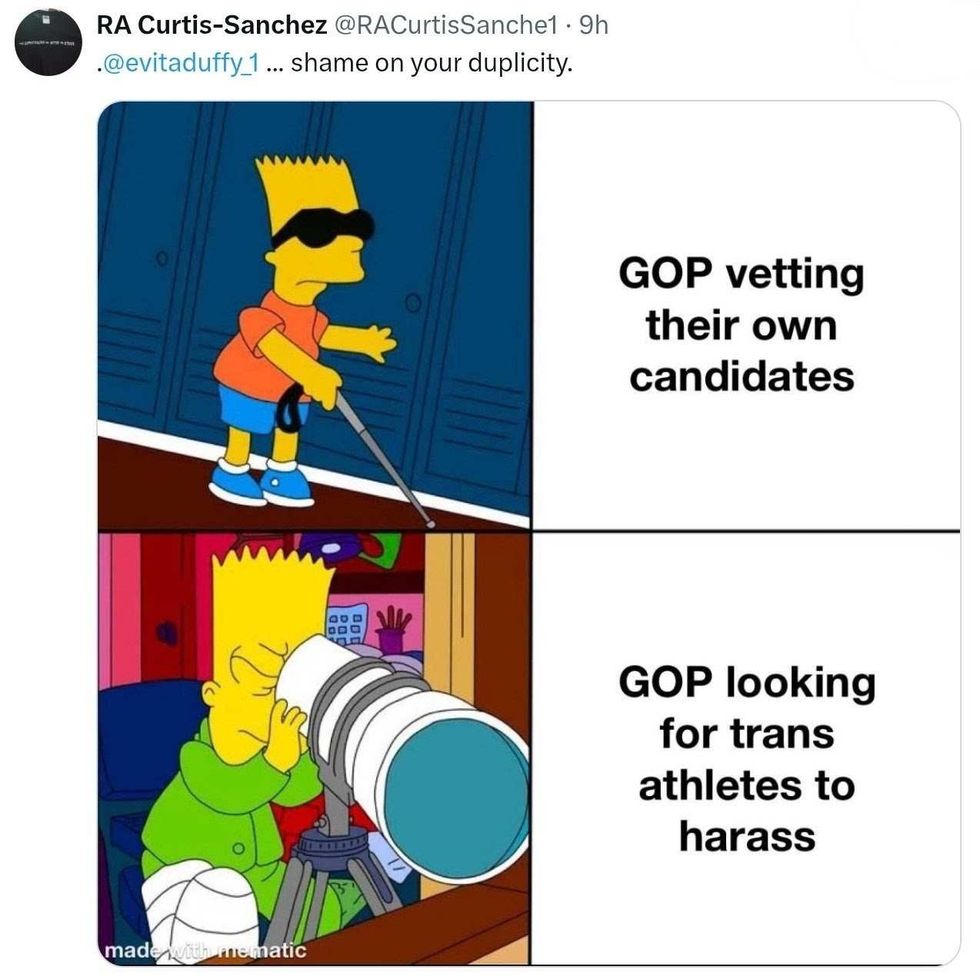 @RACurtisSanche1/X
@RACurtisSanche1/X @oabuse91/X
@oabuse91/X @Ghost_19971117/X
@Ghost_19971117/X @dedicateddems/X
@dedicateddems/X @AngryMrBungle/X
@AngryMrBungle/X @bubbaszone/X
@bubbaszone/X @bubbaszone/X
@bubbaszone/X @armystig/X
@armystig/X @shelkel2/X
@shelkel2/X @m007ds/X
@m007ds/X @mgc232/X
@mgc232/X @DeanAnd89502273/X
@DeanAnd89502273/X @FillysPhinest/X
@FillysPhinest/X @TandaRacing/X
@TandaRacing/X @TentinQuaranti4/X
@TentinQuaranti4/X @Timberwolves215/X
@Timberwolves215/X

 @krassenstein/X
@krassenstein/X @krassenstein/X
@krassenstein/X